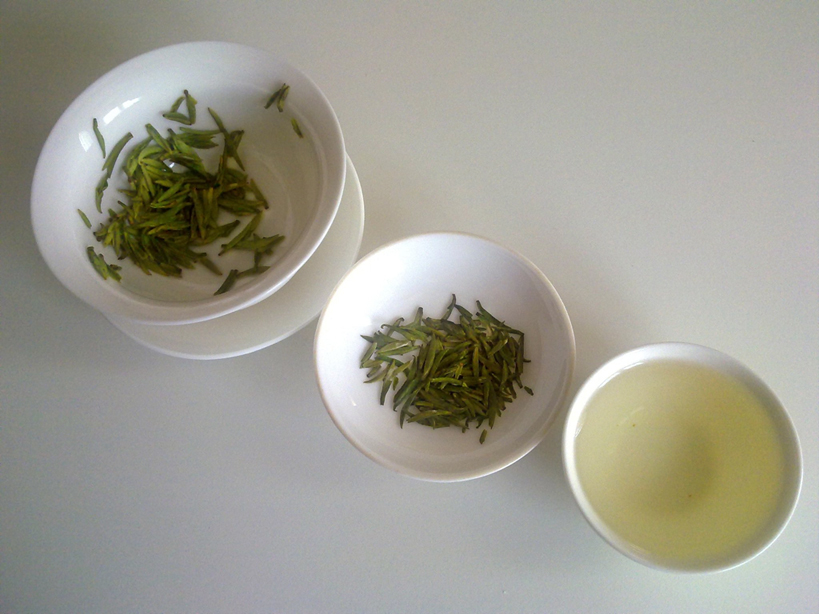Long-term use of a high-dose green tea extract may provide some protection against cancer, cardiovascular disease, obesity and type 2 diabetes. However, the use of extract may create liver damage in a small minority of the population. This is based on a new study from Rutgers University.
In terms of who is at risk, the research centres on two genetic variants that predict some of the risk. The study demonstrates that early signs of liver damage are predicted by one variation in a genotype and strongly predicted by another variation.
The findings were drawn from the Minnesota Green Tea Trial. This is a large study of green tea’s effect on breast cancer. The rationale for this series of studies is that green tea extract contains ingredients (catechins) that may lower the risk of breast cancer.
With the current study, the researchers investigated whether people with certain genetic variations were more likely than others to show signs of liver stress after a year of ingesting 843 milligrams per day of the predominant antioxidant in green tea, a catechin called epigallocatechin gallate (EGCG). Catechins are a type of secondary metabolite providing antioxidant roles in plants.
The scientists selected two genetic variations because each controls the synthesis of an enzyme that breaks EGCG down. The year-long trial included more than 1,000 postmenopausal women and data was collected at 3, 6, 9 and 12 months.
An analysis by researchers showed that early signs of liver damage were somewhat more common than normal in women with one variation in the catechol-O-methyltransferase (COMT) genotype and strongly predicted by a variation in the uridine 5’-diphospho-glucuronosyltransferase 1A4 (UGT1A4) genotype.
The analysis showed that participants with the high-risk UGT1A4 genotype saw the enzyme that indicates liver stress go up nearly 80 percent after nine months of consuming the green tea supplement, while those with low-risk genotypes saw the same enzyme go up 30 percent.
In the longer-term the researchers how to predict who can safely take high-dose green tea extract. This concern is only apparent with high levels of green tea supplements and not with drinking green tea or even taking lower doses of green tea extract. To arrive at this answer, there are further genetic puzzles to unravel.
According to led researcher Hamed Samavat: “Learning to predict who will suffer liver damage is potentially important because there’s growing evidence that high-dose green tea extract may have significant health benefits for those who can safely take it.”
The research appears in the Journal of Dietary Supplements. The research is titled “Hepatotoxicity with High-Dose Green Tea Extract: Effect of Catechol-O-Methyltransferase and Uridine 5′-Diphospho-glucuronosyltransferase 1A4 Genotypes.”














